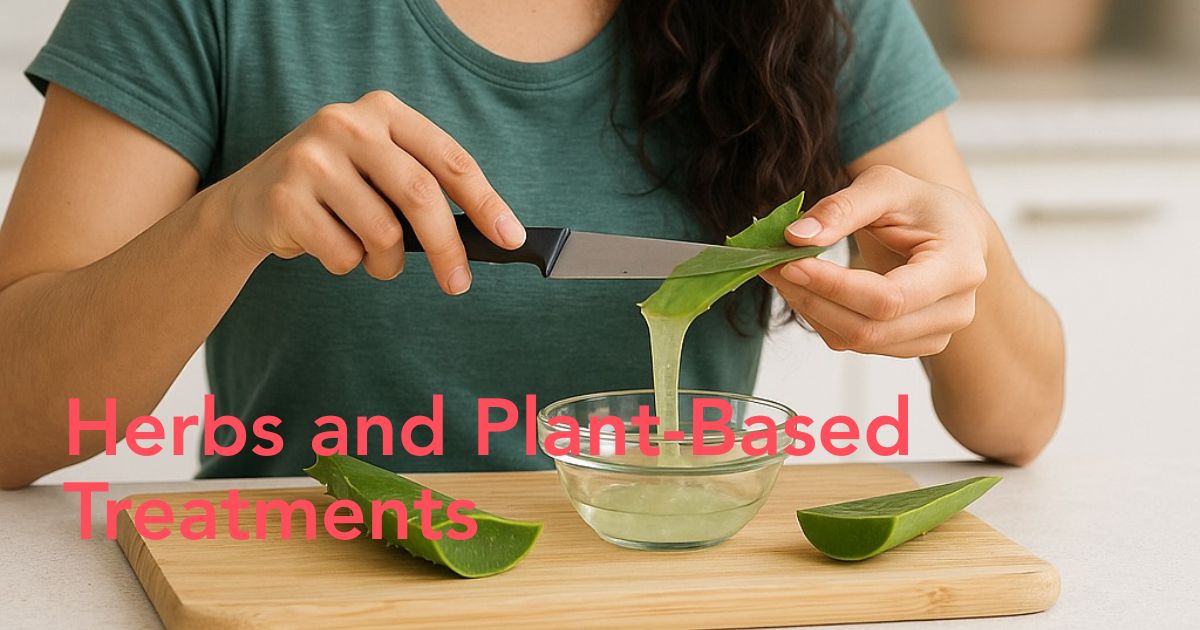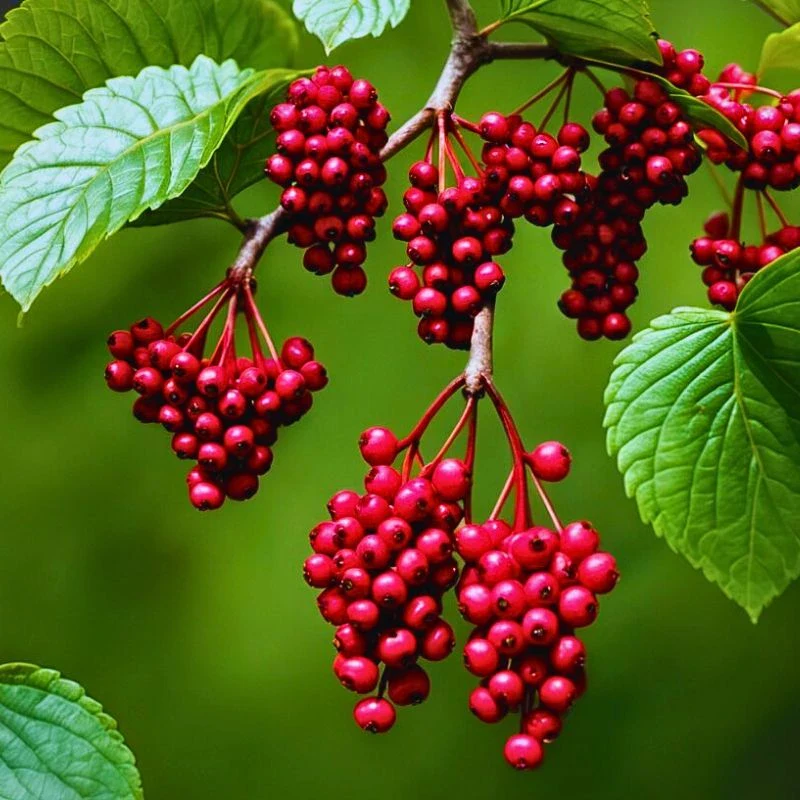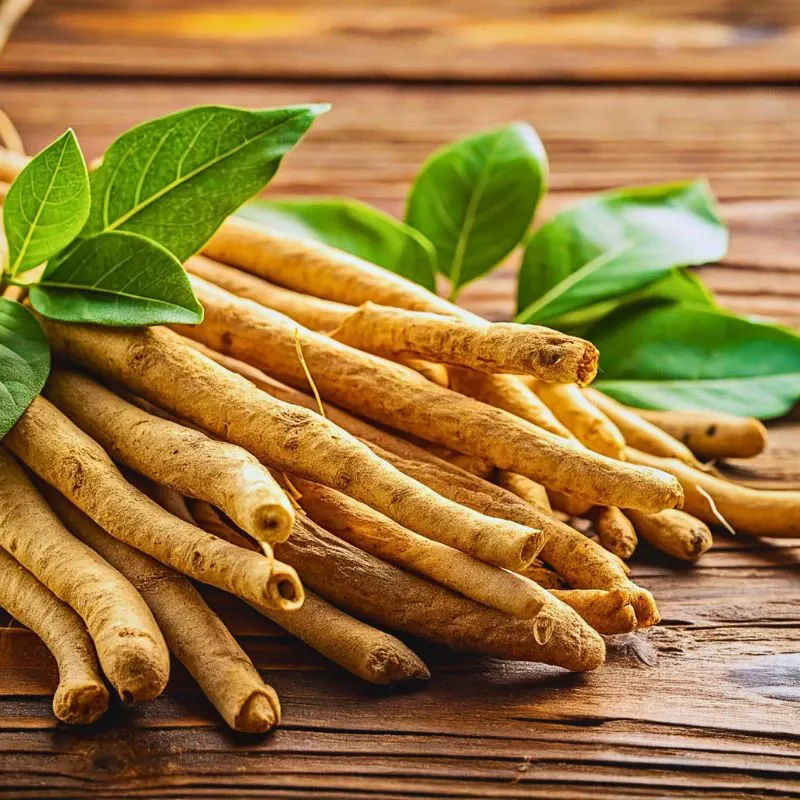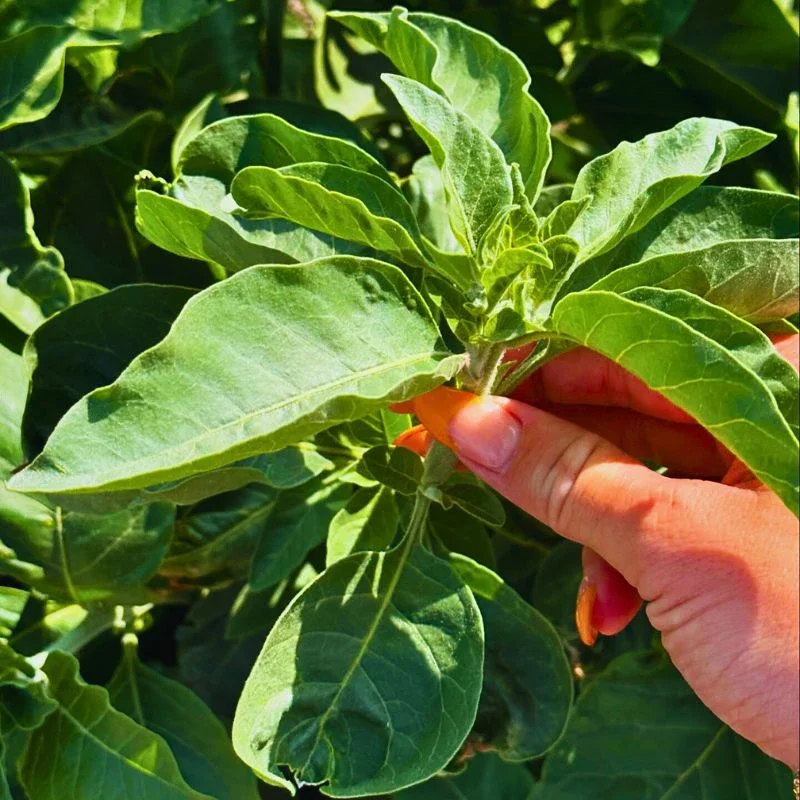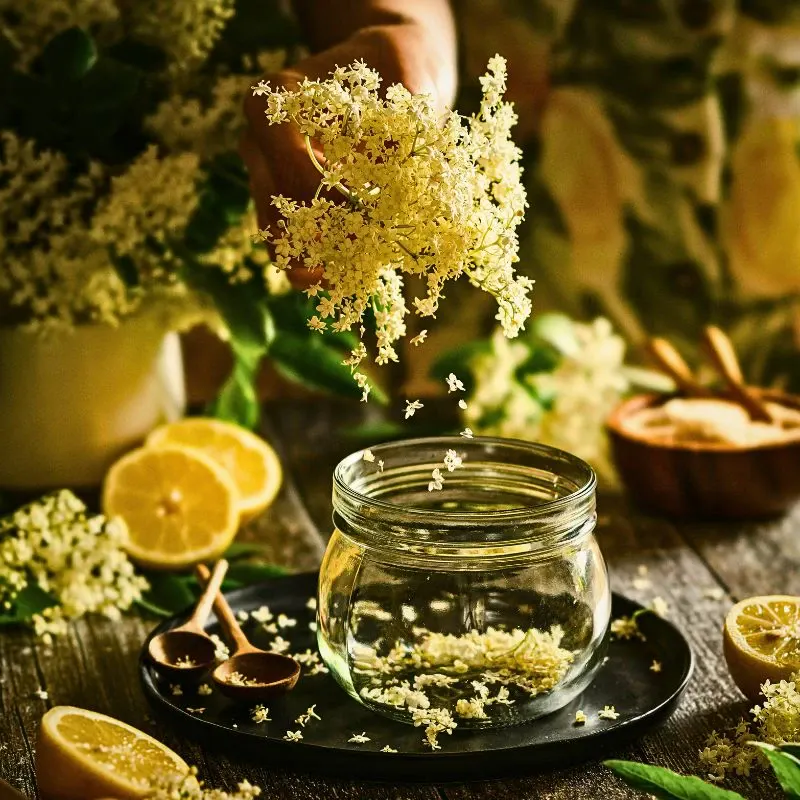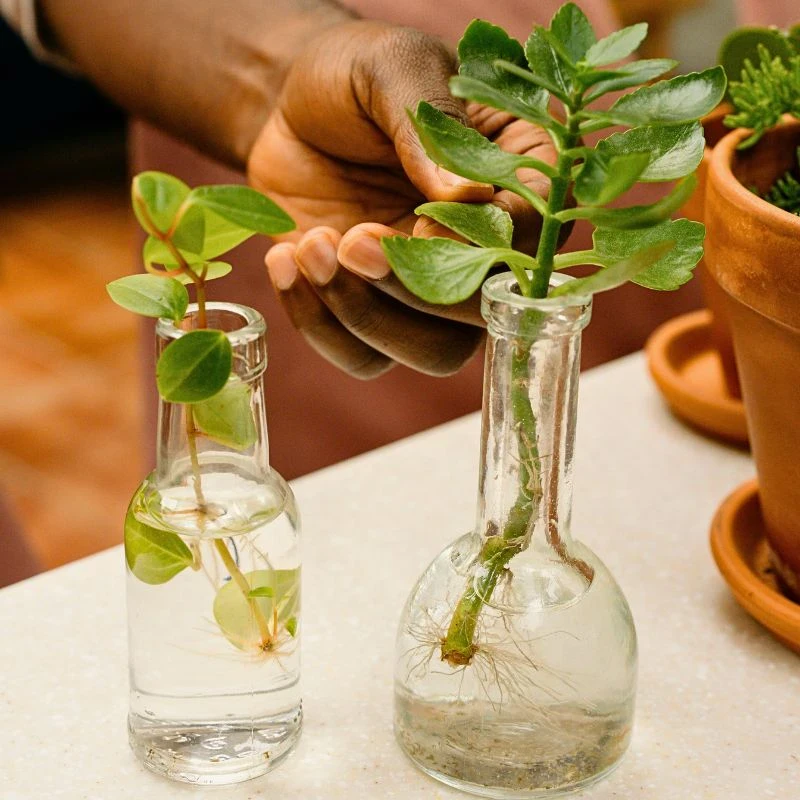You’ll want to look good on your wedding day, sure—but feeling good? That’s everything. And yep, your hair plays a role in that too. It’s in every photo, every hug, every memory. That’s why a lot of people start taking better care of it months ahead—brides or grooms. You can read more about Herbs for Skin Care.
If you’re thinking of going the natural route, you’re not alone. Herbs and plant-based treatments are easy on the scalp and won’t drain your wallet. But they’re not quick fixes. You’ll want to know how they work, how long it might take, and when it makes sense to see a hair restoration specialist if things stall.
Why Natural Hair Growth Matters Before the Wedding
Full, shiny hair just hits different on a big day. Whether it’s pulled back tight or flowing down, healthy strands make a look pop. And let’s be honest—wedding photos are long-lasting memories.
But nothing changes overnight. Most natural remedies need a couple of months (at least) to show real results. That’s why starting early matters.
Herbs tend to be gentler. You’re less likely to deal with itchiness or random flare-ups. Plus, for a lot of folks, the scalp feels way calmer. Just don’t expect it to kick in after a week—it’s more of a slow game. Something related to read for you is Healing Plants Are Essential to Have on Hand According to Experts
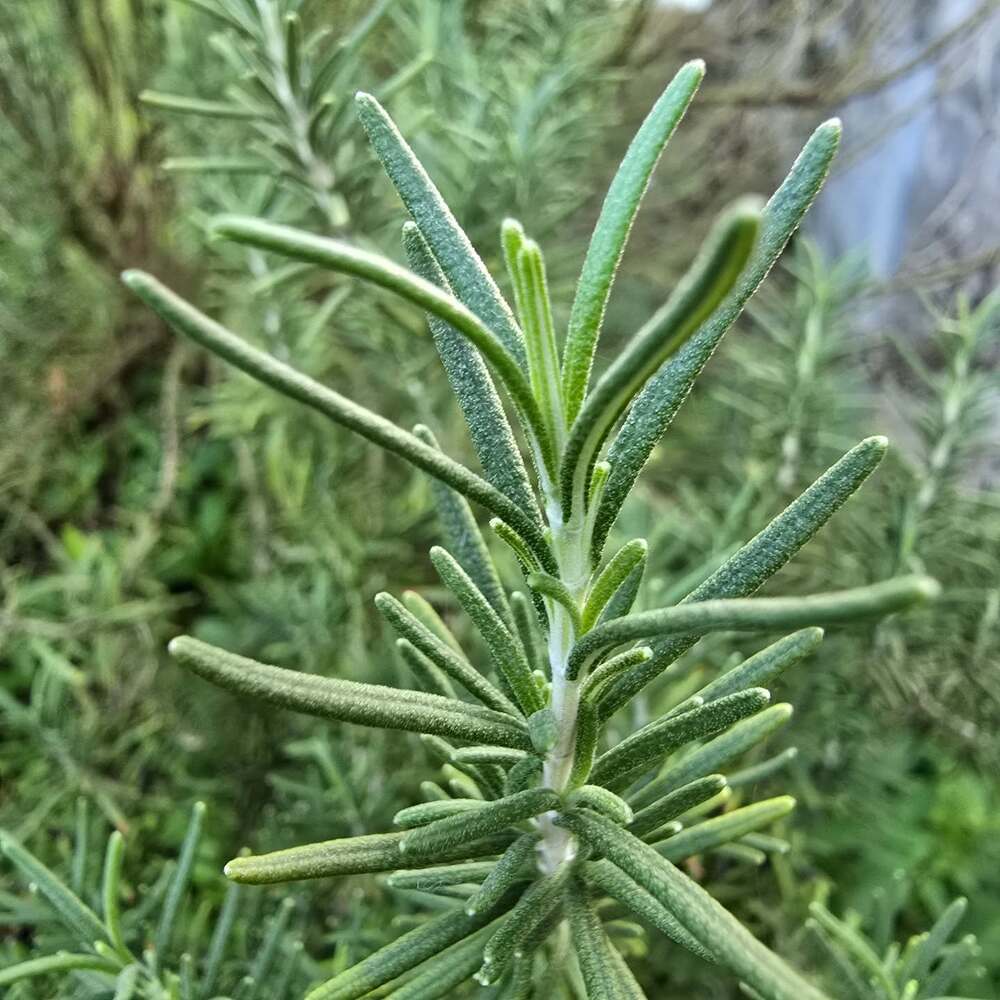
Herbs and Plants That Can Help Hair Grow
Each plant brings something different. Just go easy, especially with oils. Dilute them and test first so your skin isn't irritated.
Rosemary
This one’s a classic. It boosts blood flow to your scalp, which helps feed the roots. Use it as an oil—just a few drops mixed with something like jojoba oil—or brew it into a tea and pour it over your hair. No need to go overboard—twice a week does the job.
Aloe Vera
If your scalp’s irritated, aloe can cool it down and clear out your pores too! Scoop some gel and slap it on straight—or toss it into a homemade hair mask. Both ways work. It’s not a miracle grower, but as far as keeping your scalp happy, it’s solid.
Peppermint
This herb brings a cooling sensation and a serious kick in circulation. While more human research is needed, many people swear by diluted peppermint oil massaged into the scalp 2–3 times per week. Just remember: never apply peppermint essential oil directly without diluting it. It’s strong.
Hibiscus
Hibiscus petals aren’t just pretty—they’re great for your hair, too. You can crush the petals and mash them into yogurt—it’s kind of a gloopy mess, but a great hair mask. Just spread it on your scalp and leave it there while you do other stuff. Others boil the petals into a hair rinse and pour it through their hair. Could be the hibiscus or the warm water, but hair does feel a bit softer after a couple of tries. Some people stick to doing it once a week—others wing it. See what your hair likes.
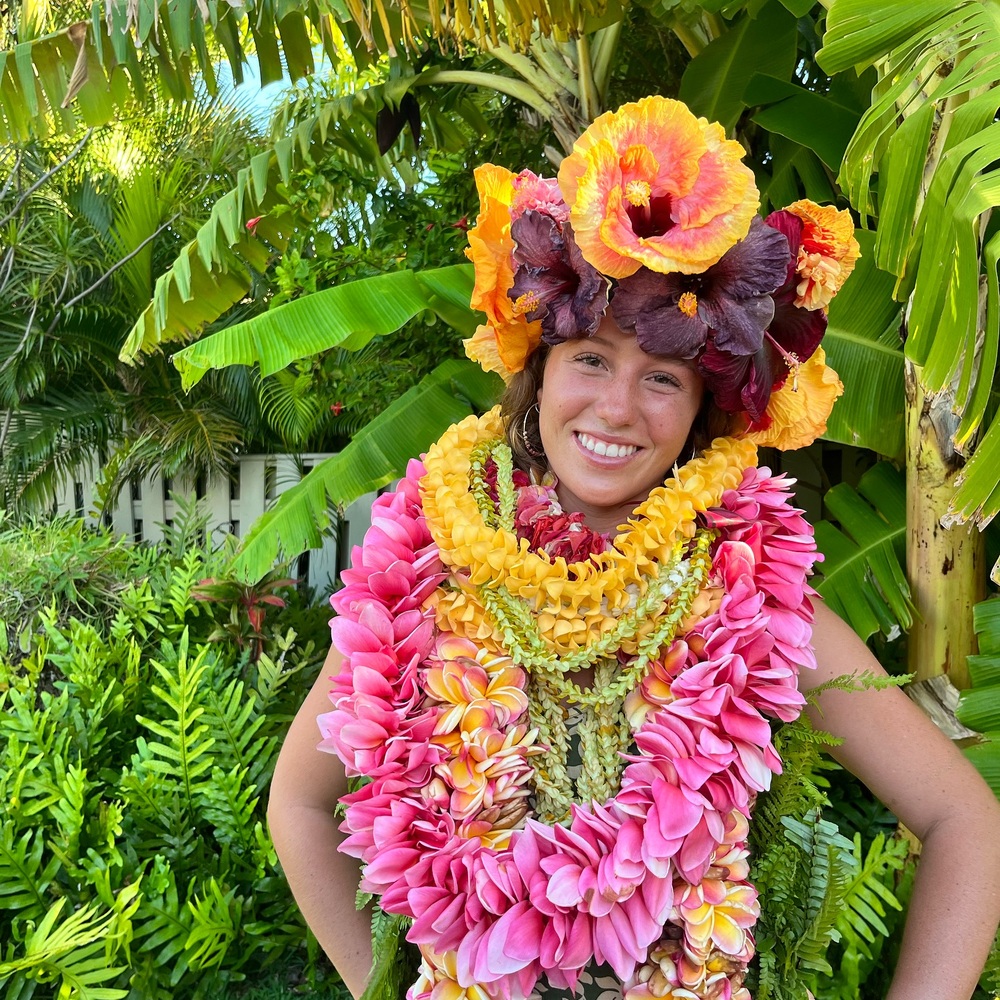
Saw Palmetto
You’ll mostly find saw palmetto in pill form. It’s got a bit of a rep for helping with hair loss, especially when thinning runs in the family. Some believe it messes with the hormones behind that kind of shedding. You’ll also find it in some scalp products, but if you’re unsure, worth chatting with a doc if you’re thinking of trying it.
Nettle Leaf
Loaded with iron and vitamins, nettle leaf has a solid reputation for boosting scalp health. Some people drink it as tea, others use it in rinses. If you’ve got breakage or notice more hair on your brush lately, it’s worth a try.
Fitting These Remedies Into Your Routine (Without Stressing About It)
You don’t need to turn this into some strict routine. Just ease it into your week. Start small.
Try using oil—whatever you have on hand, really. Rosemary’s nice, peppermint too. Warm it a bit and rub it into your scalp, nothing fancy. It feels good, and your hair will thank you. If you can, leave the oil in overnight. Try doing this a couple of times a week—whatever fits.
You can also sip on something like nettle or saw palmetto tea while your mask sits. It sounds simple, but combining things from the inside and outside can make a difference.
And don’t forget what you eat. Load up on greens, protein, and drink water. Lots of it. If your body feels good, your hair usually follows.
Now here’s the part that nobody wants to hear—it takes time. Think weeks. Maybe even a couple of months. But if you keep at it, bit by bit, you’ll probably notice a shift.
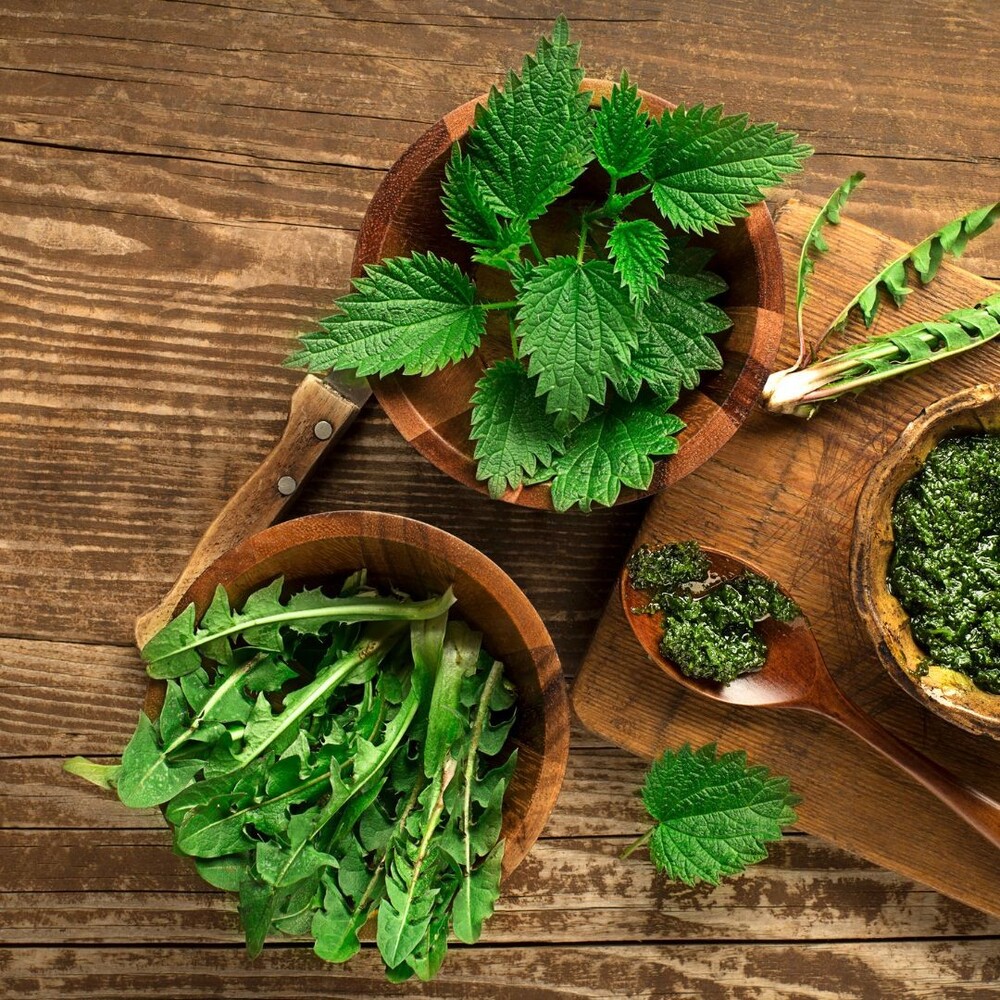
When to Ask a Professional
If you’ve been doing all the right things and it’s still not working, don’t stress—just check in with someone. Could be a hair expert, or even a doctor. Sometimes it’s not just surface-level—it could be hormones, stress, or something else going on underneath.
And hey, you don’t have to go all-natural or all-medical. You can mix things up. Lots of people do. What matters most is that you find what works for you, not what sounds best on paper.
Tips and Wedding Timeline for Hair Growth Prep
Planning your hair journey is just like planning the rest of your wedding—it’s all about timing and consistency. Start early. Natural hair remedies need time. So the sooner you start, the better.
Hot tools? Might be good to put them down for a bit. No need to press or blow out everything—let your hair chill for once.
Sleeping matters too. A satin scarf or silky pillowcase can save you some breakage. Doesn’t have to be fancy, just easy enough to add to your nightly routine.
Eat well, drink water, and avoid stress—your hair feels that too. And stick with it. Not forever—just long enough to see if it’s working. Give it at least a couple of months before calling it quits.
Jumping on a Trend
This isn’t about jumping on a trend—it’s about looking after yourself while getting ready for your big day.
You don’t need every herb on the shelf, just a few that your scalp likes and that you can actually commit to. If it starts feeling like guesswork, that’s okay. You can always loop in a pro and get some extra help.

